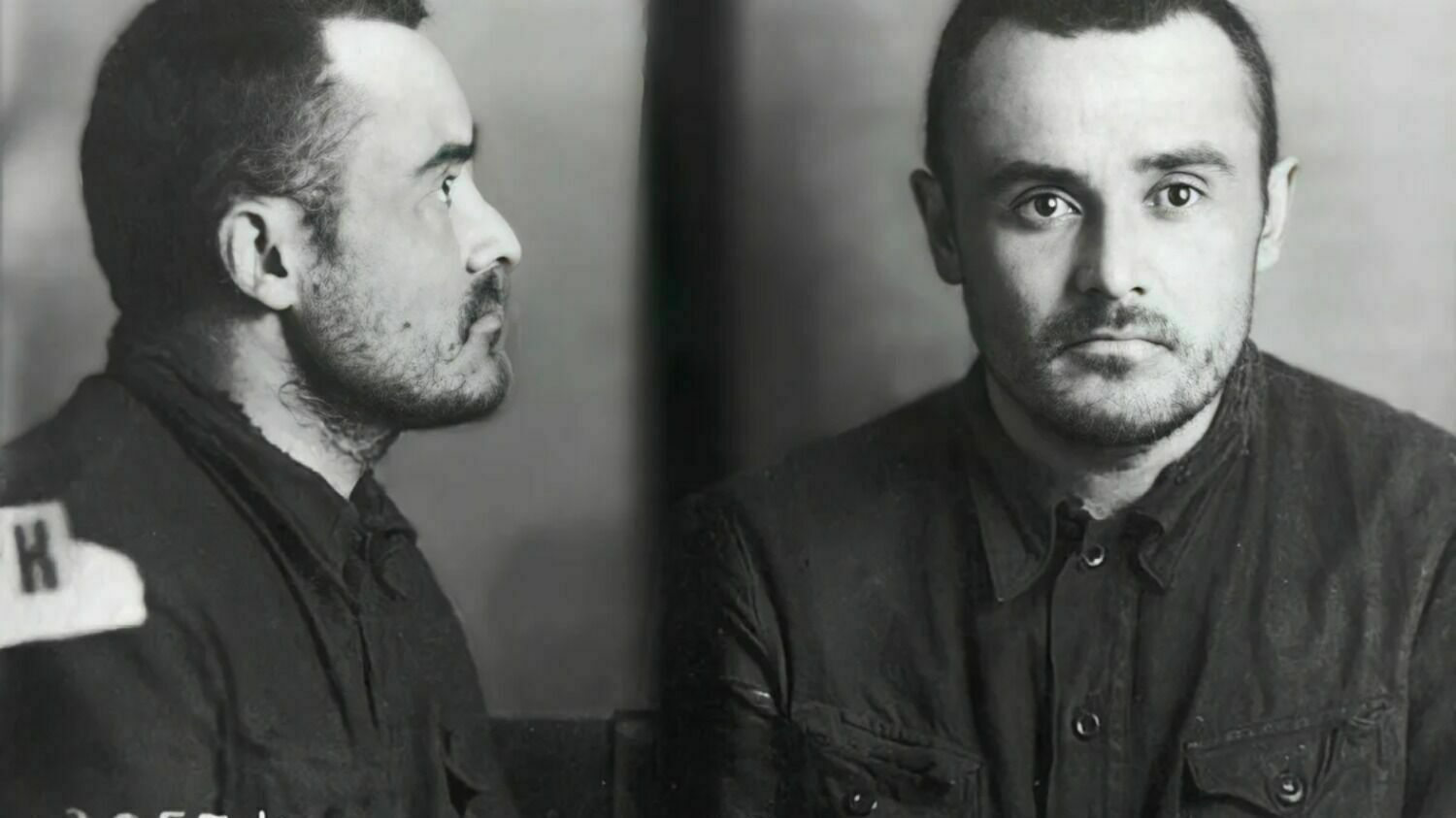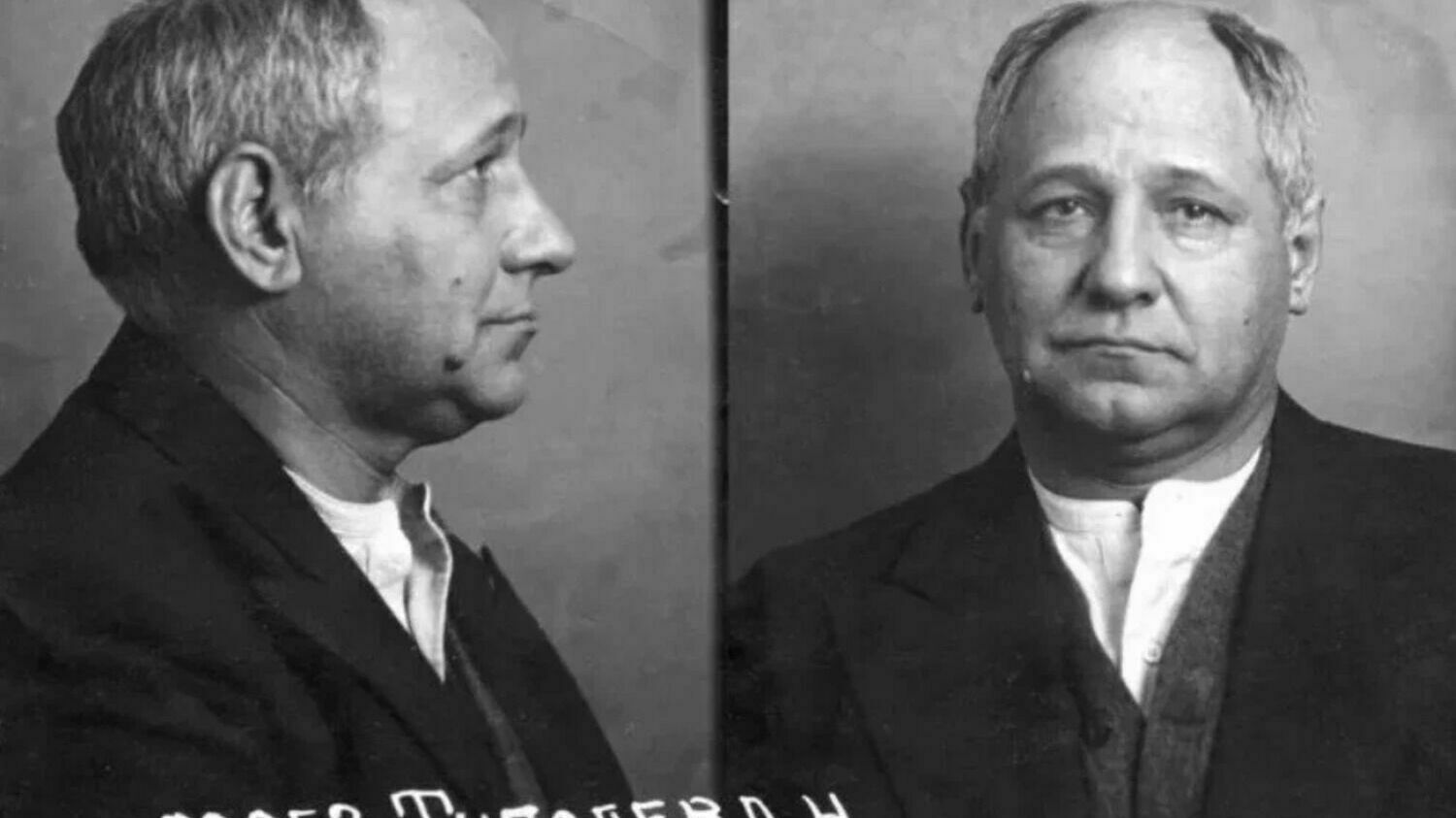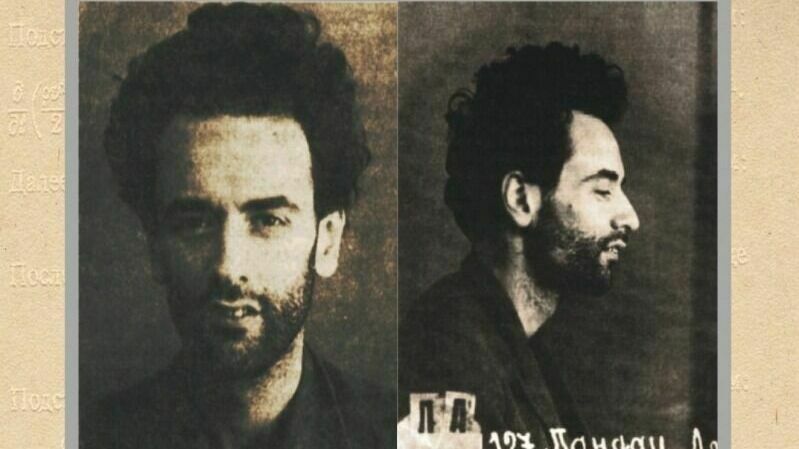Posted 30 января 2023, 14:24
Published 30 января 2023, 14:24
Modified 30 января 2023, 18:10
Updated 30 января 2023, 18:10
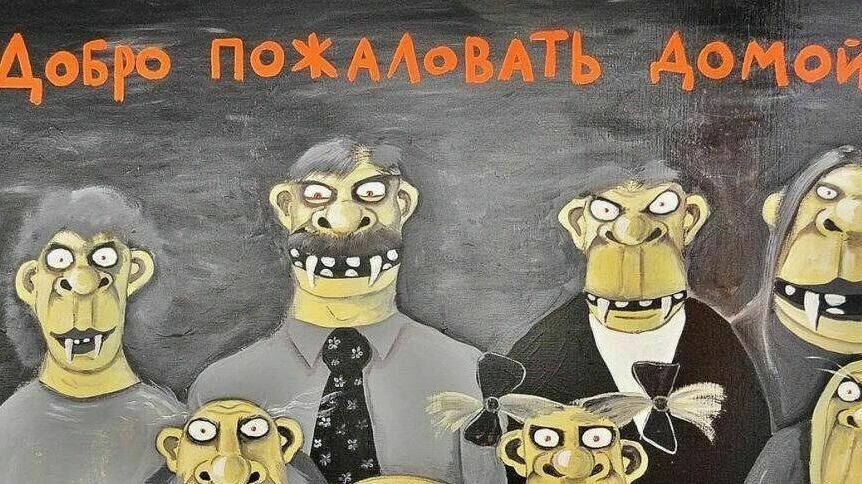
Sharashka for returnees: what does the historical experience of the USSR show to emigrants
Individual forgiveness and "sharashki" are prepared by the authorities for the relocants who have returned to the Russian Federation
Victoria Pavlova
In itself, the process of repatriating emigrants to Russia is very complicated – the memory of repression is too strong.
In the twentieth century, people who returned to the USSR did not get anything good. But the secretary of the General Council of United Russia, Andrey Turchak, does not propose to return everyone in a row, but only "smart heads". The idea is not new: she turns exactly 100 years old this year. Andrey Turchak is clearly haunted by the laurels of Felix Dzerzhinsky, who in 1923 wrote a letter to the Central Committee with a similar proposal.
"We are very poor in specialists. From my experience in transport, I must say that the specialists left with us are the worst, without initiative, without character. They pull the strap to live. The best and most mobile specialists we have are those who were received by us and for some reason not shot by Kolchak, Denikin and Wrangel. I think that we could get a lot of initiative specialists from emigrants. Only for this, we do not need to give a general amnesty, but to give the specialists we need individual forgiveness and admission to Russian citizenship so that they commit themselves for a certain time (1-2 years) to work where we indicate so that they prove their sincerity of repentance", - iron Felix suggested.Just compare with the words of Andrey Turchak at the meeting on import substitution:
"Our task is to do everything and create all the conditions so that those who left for some reason - family circumstances, small-minded - but are ready to return and work for their country and economy, could come back. This is especially true for high-tech sectors of the economy. Those people who did not allow themselves to make any sweeping statements about their country, did not side with our political or military opponents.That in 1923, that in 2023, the theses are the same: people should be returned, but not all, but only specialists".
The situation in which the country is located is also similar in many ways: during the period of turmoil, in search of a better life, the first to leave are in-demand professionals who have no problems with employment, and the education and outlook they have received allow them to quickly integrate into a new society. But no one is in a hurry to return just like that, without a real opportunity to improve the quality of life. Historical experience shows that one image of a bright future is not enough for this.
Already in the first year of repatriations, the Soviet government faced big problems: for some reason, the specialists who were needed were not going to the USSR at all. According to the USSR Immigration Commission, by the end of 1923, 1,151 people had returned to the country, but 70% of them were rural residents. But the remaining 30%, according to historian Alexey Kuznetsov, were not entirely outstanding minds.
"As for the minds, the minds began to be engaged at about the level of 1922-1923 on the sly, and here it was mainly about the return of people who have some practical value for the Soviet government. But first of all, I would not write down the remaining 30% to specialists. These could be minor officials, office workers, that is, such people who can hardly be called valuable specialists or qualified personnel. The mistakes made by the authorities at the beginning of the twentieth century, according to Alexey Kuznetsov, echo to this day".
Technological lag has very serious consequences.
"Judging by the fact that at the beginning of industrialization in the 20s, during the first five-year plan, the government actively invites foreign specialists – technical personnel, engineers, and so on, they were not enough. And in the years of the second five-year plan and then before the war itself, we see that the need for such specialists is being closed at the expense of young specialists already trained in the USSR. This, in particular, explains today a fairly high level of accidents and a rather low quality of manufactured products. These people have learned, they have made absolutely titanic efforts to complete the course of the labor faculty and university in a few years, and so on, but, of course, they, as a rule, were poorly prepared. They still had to become "bison" - many, by the way, did, but, of course, not immediately".
The Soviet industrialization of the first half of the twentieth century is obliged to foreign specialists. In 1922-1925, the Russian-American Industrial Corporation created 34 textile and clothing factories using American equipment, which produced 20% of the products of the Soviet light industry. Engineer Hugh Cooper was the chief consulting engineer and took an active part in the design of the Dneproges.
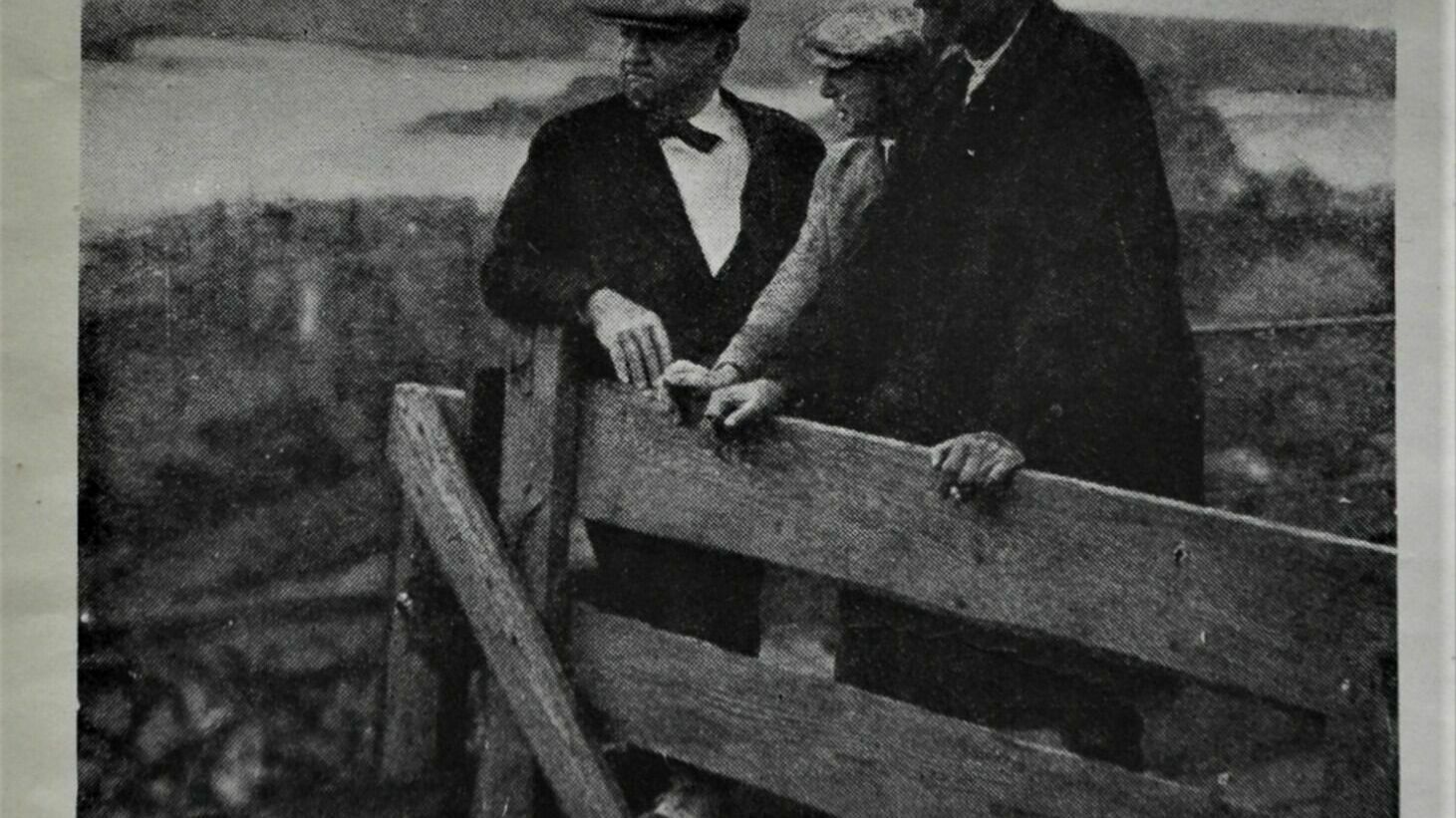

The company of industrial architect Albert Kahn from the USA in 1929-1932 designed 521 objects for the USSR.
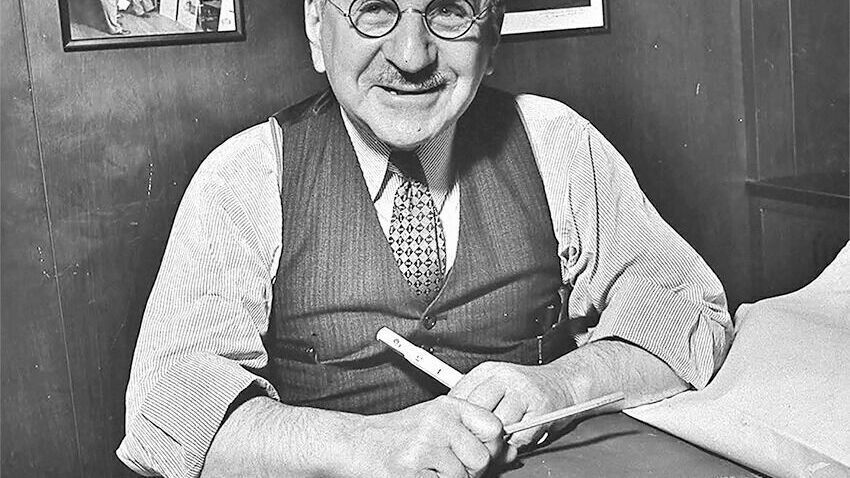

The Stalingrad, Chelyabinsk and Kharkov tractor plants, aircraft factories in Kramatorsk and Tomsk were built according to American projects and on American equipment. Ford Motor Company helped to build the GAZ plant. It is possible to list the contribution of foreign specialists for a very long time. Today, Russia can rely either on its own minds, which are not enough, or on the purchase of finished products in China.
What can the authorities do now to lure good specialists in a market (at least partially) economy? It is unlikely to promise high salaries. Private enterprises cannot be forced to hire and pay large salaries to immigrants, state-owned enterprises, especially those that work for the defense industry, cannot assign decent fees to existing workers. The government will also most likely not promise any tax benefits to enterprises from industries affected by covid and sanctions, because then it will have to explain to everyone remaining in Russia why they do not have such benefits. Promising social preferences, for example, enrolling children in kindergartens, schools, universities, means equating immigrants, who are called almost traitors, to the participants of their own. People won't understand anymore. The main condition that can attract immigrants is a change in the global foreign policy course, which is not possible for a rogue country in the current conditions. Ilya Grashchenkov, the president of the Regional Policy Development Center Foundation, writes in his Telegram channel that now the authorities are only destroying opportunities for people to return.
"Smart heads" will return when they stop nailing nails. But for some reason, the big bosses believe that the same IT specialists are such wordless creatures who sit with their faces buried in the monitor and do not tweet. But no, that's not how it works. Firstly, you will not be fed up with IT specialists alone. To create complex goods and services, an appropriate environment is needed, and it does not work well in the atmosphere between the "radioactive ash" and the chipmunk people. Secondly, you are not giving any concrete alternative yet. On the contrary, you scare people with uncertainty and double signals. Like, go back to the unknown and we'll survive together. So-so advertising for a return. And even these constant double signals, where those who have left are offered to be robbed, then lynched, then rewarded.
And when there is nothing to attract specialists with, the experience of repatriation in the middle of the last century with threats, frauds, kidnappings begins to look very tempting. But then the returned specialists could be sent to work in a prison-type research institute and design bureau (better known as "sharashki"), but how can engineers and other IT specialists be kept and forced to work for pennies now?
Rocket and space technology designer Sergey Korolyov, aircraft designer Andrey Tupolev, rocket engine creator Vitaly Glushko, electrical engineer Lev Termen, theoretical physicist and Nobel laureate Lev Landau, creator of the Ostankino TV Tower Nikolay Nikitin worked in the walls of the "special prisons".
Sharashki fully developed the I-5 fighter, Pe-2 and Tu-2 bombers, RD-1, RD-2 and RD-3 rocket engines, and a 152 mm universal artillery system. Such successes look very tempting.
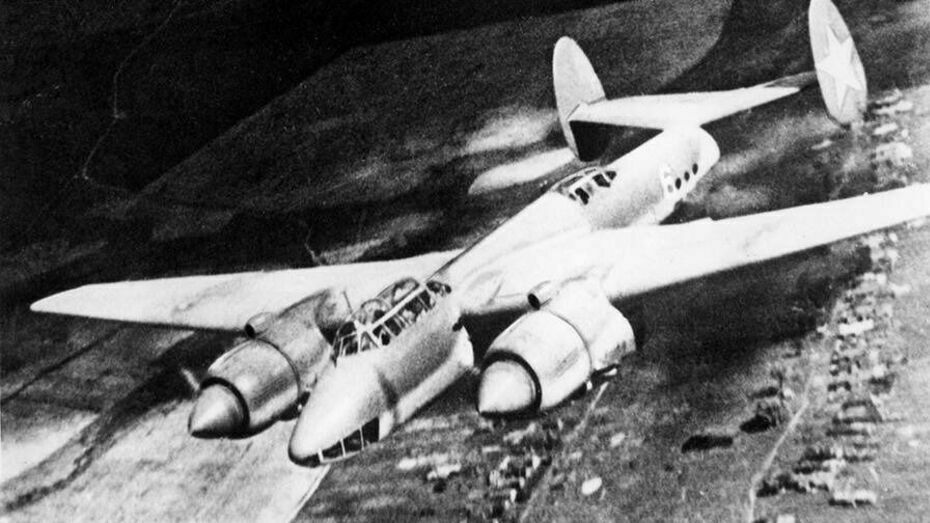

It is possible that the creation of conditions in the Turchak way is the revival of such closed institutions, "sharashek", through which many Soviet scientists, engineers, and specialists passed. Our authorities would like to respond to this with a phrase from an old joke: "You either take off the cross or put on your pants."
